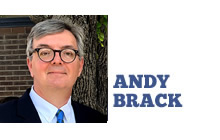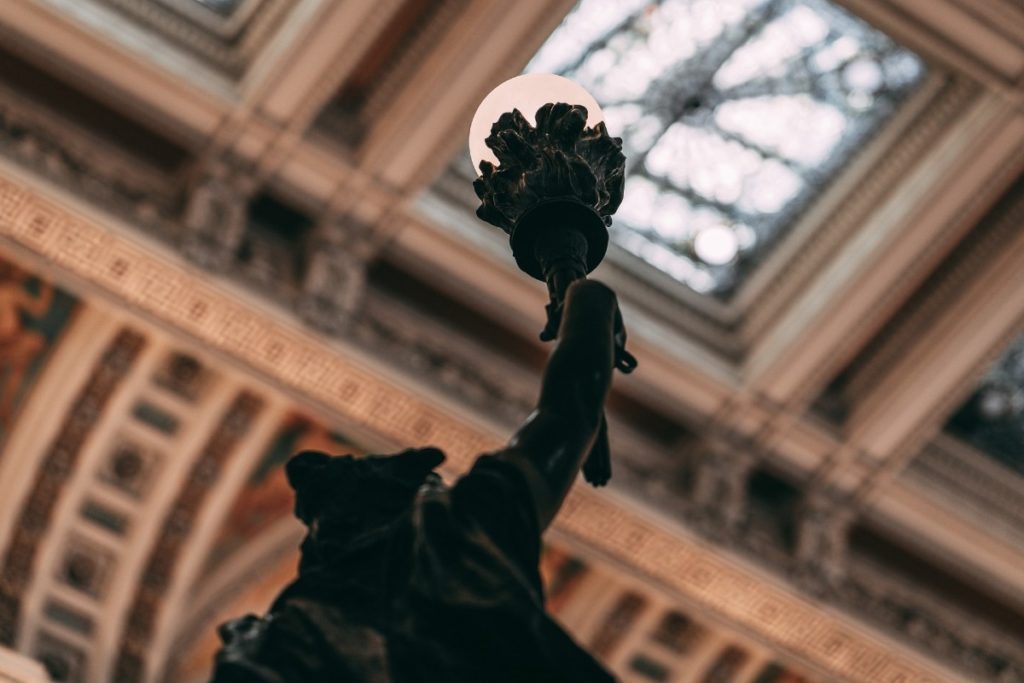By Andy Brack, editor and publisher: Now that the fireworks and festivities from the Fourth of July are a new memory, how about taking a bolder, more reflective step to celebrate the true spirit of America? Find a quiet spot and seriously consider the 1,339 words of our country’s declaration against tyranny, our Declaration of Independence.
 Better yet: Sit down as a family and read it out loud together.
Better yet: Sit down as a family and read it out loud together.
Just six months ago, a bloodthirsty mob misused and misappropriated the fundamental principles enshrouded in American freedom by trying to rip apart our democracy in favor of the very tyranny which our forefathers fought in the fields of Camden and King’s Mountain, the swamps of the Lowcountry and forts from Ninety Six to Sullivan’s Island.
You may know by heart the opening words of the document penned by Thomas Jefferson and others that espouses the values of “life, liberty and the pursuit of happiness.” You may remember the part that follows and discusses how it’s the people’s right to alter or abolish a government that fails, which is oft-cited by those who threw the destructive tantrum and bludgeoned the Capitol on Jan. 6, 2021.
But they conveniently forget the cautious words that followed. Perhaps they missed that day in civics class. Or maybe they were so hellbent on getting their own way that they were blinded by the wisdom of colonial leaders who first focused not on a violent overthrow of power, but on reason and intellect to devise a new system to create a safe nation where all could pursue happiness:
“Prudence, indeed, will dictate that Governments long established should not be changed for light and transient causes; and accordingly all experience hath shewn, that mankind are more disposed to suffer, while evils are sufferable, than to right themselves by abolishing the forms to which they are accustomed.”
The Declaration continued by offering a list of abuses by the King of England. As you read of compounding restrictions that denied liberty to colonists, it should dawn on you how our forefathers eventually corrected those abuses with a constitution that created a representative democracy that became the world’s beacon of freedom, a continuing experiment in liberty that changed the course of humankind.
Furthermore, the Declaration is remarkable in another way. It frames the patience of colonists who wanted better lives for their families. Compare their years of endurance to get redress of their grievances to the volcanic violence that erupted in the halls of freedom over a few hours in January.
And so in 1776, 56 men from 13 colonies signed the Declaration of Independence. The oldest was Benjamin Franklin, then 70, of Pennsylvania The youngest was Edward Rutledge, 26, of South Carolina.
The document ends like this: “And for the support of this Declaration, with a firm reliance on the protection of divine Providence, we mutually pledge to each other our Lives, our Fortunes and our sacred Honor.”
That’s the difference between what happened back then and this year: One was bound with honor, community, faith, goodwill and justice. The other had none.
Andy Brack is editor and publisher of Charleston Currents, and publisher of the Charleston City Paper. Have a comment? Send to: editor@charlestoncurrents.com.




 We Can Do Better, South Carolina!
We Can Do Better, South Carolina!

























One Comment